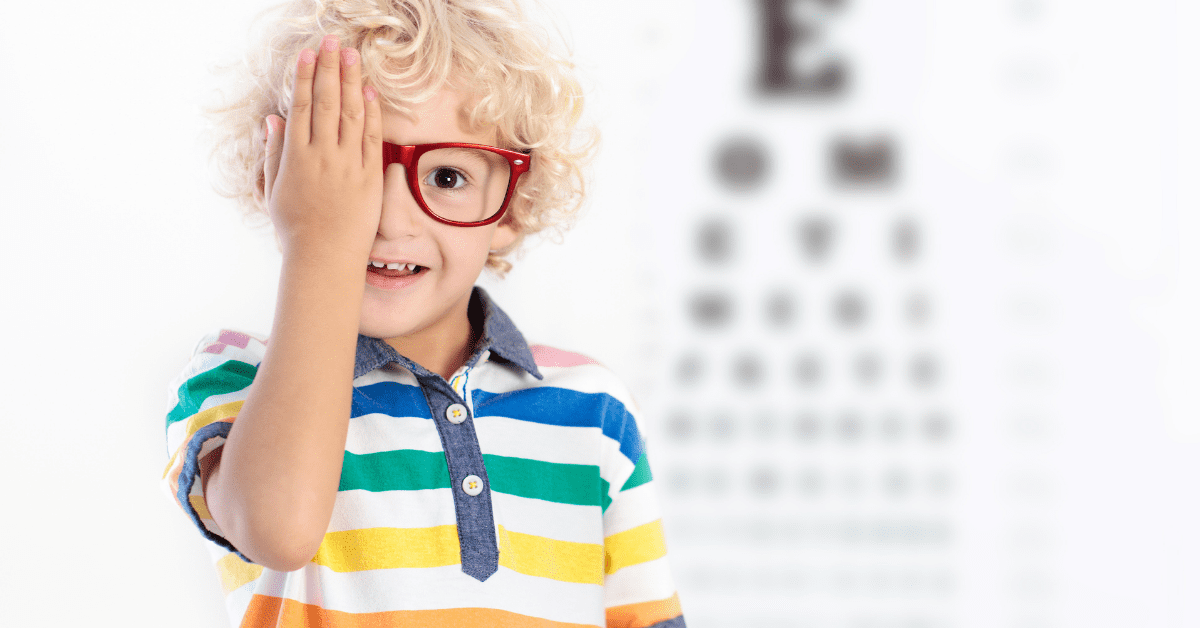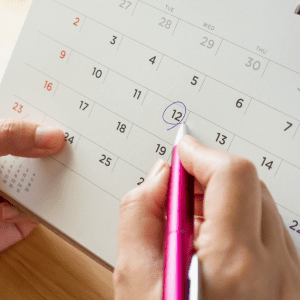Eye Care: When to See Your Eye Doctor

Determining when to see your eye doctor can be difficult when you don’t have any vision issues. Many people take healthy eyes and clear vision for granted until they notice a downturn in vision quality. Often, issues that destroy perfect vision could have been prevented or reduced if an optometrist had been able to perform a comprehensive eye exam. When combined with a healthy diet and lifestyle, vision screenings are a front-line defense to keeping your vision as strong and clear as possible throughout your life.
Eye exams are particularly beneficial because they grant doctors a clear view of your blood vessels and overall eye health. Additionally, they allow the doctor the opportunity to spot serious problems such as high blood pressure, diabetes, lupus, and eye diseases like macular degeneration. If these conditions and others go unchecked or undiagnosed, it could lead to vision decline or total vision loss.
Emergency Visits
The following are signs you should call your optometrist and schedule an appointment immediately. Light sensitivity and pain in or around the eye signal fatigue of the eye muscles, eye strain, or even the beginning stages of more serious issues. Green, yellow, or brown mucus that has crusted around your eyes are indicators of infection.
Contacting your eye doctor and receiving immediate treatment can prevent any lasting effects.
Regular Check-Ups
When scheduling your regular eye exam, remember you don’t have to follow a generalized timeframe for your age. Seek help if you notice vision problems. If your vision and eye health are fine, here is a general guideline to follow for when to see your eye doctor:
- Teens: Once every 1 to 2 years
- Adults 20s and 30s: Every 5 to 10 years
- Adults 40s and 50s: Every 1 to 3 years
- Adults 60 and older: Every 1 to 2 years
Guidelines are valuable. However, age, health, family history, and risk of developing eye problems should determine your vision screenings frequency. They are designed to detect eye issues at the earliest stages when they are most treatable and possibly preventable. Speaking with your eye doctor and formulating a plan based on your needs will determine what is right for you.
Do not allow an issue that is presently treatable to cause future vision loss. Call The Eye Center, with locations in Huntsville and Madison, at (256) 705-3937 to schedule your exam.
